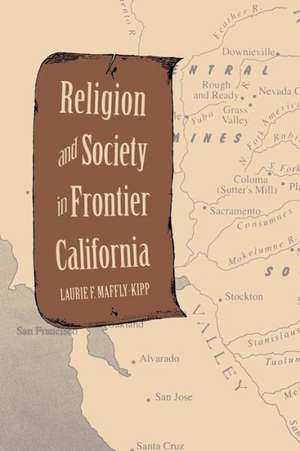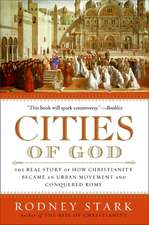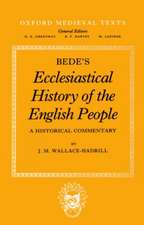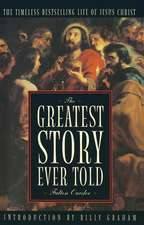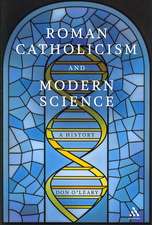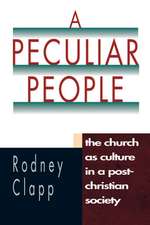Religion and Society in Frontier California: Yale Historical Publications Series
Autor Laurie F. Maffly-Kippen Limba Engleză Paperback – 5 noi 2013
The chaotic and reputedly immoral society of the California mining frontier during the gold rush period greatly worried Protestant evangelicals from the Northeast, and they soon sent missionaries westward to transplant their religious institutions, beliefs, and practices in the area. This book tells the story of that enterprise, showing how it developed, why it failed, and what patterns of religious adherence evolved in the West in place of evangelical Protestantism.
Laurie Maffly-Kipp begins by analyzing the eastern-based religious ideology that underlay the movement westward and by investigating the motives behind the founding of home mission boards dedicated to the spread of Christianity and civility among new settlers. Drawing on the diaries, letters, and journals of hundreds of California "argonauts," Maffly-Kipp describes those missionaries and their wives sent to California after 1848 and the virtually all-male mining society that resisted the missionaries' notions of moral order and in turn created new religious beliefs and practices. Maffly-Kipp argues that despite its alleged immorality, the California gold rush was actually one of the most morally significant events of the nineteenth century, for it challenged and brought into conflict the cherished values of antebellum American culture: a commitment to spiritual and social progress; a concern with self-discipline, moral character, and proper gender roles; and a thirst for wealth fostered by the spirit of free enterprise.
Laurie Maffly-Kipp begins by analyzing the eastern-based religious ideology that underlay the movement westward and by investigating the motives behind the founding of home mission boards dedicated to the spread of Christianity and civility among new settlers. Drawing on the diaries, letters, and journals of hundreds of California "argonauts," Maffly-Kipp describes those missionaries and their wives sent to California after 1848 and the virtually all-male mining society that resisted the missionaries' notions of moral order and in turn created new religious beliefs and practices. Maffly-Kipp argues that despite its alleged immorality, the California gold rush was actually one of the most morally significant events of the nineteenth century, for it challenged and brought into conflict the cherished values of antebellum American culture: a commitment to spiritual and social progress; a concern with self-discipline, moral character, and proper gender roles; and a thirst for wealth fostered by the spirit of free enterprise.
Preț: 296.94 lei
Nou
Puncte Express: 445
Preț estimativ în valută:
56.82€ • 59.32$ • 47.03£
56.82€ • 59.32$ • 47.03£
Carte tipărită la comandă
Livrare economică 04-18 aprilie
Preluare comenzi: 021 569.72.76
Specificații
ISBN-13: 9780300206449
ISBN-10: 0300206445
Pagini: 252
Dimensiuni: 156 x 235 x 15 mm
Greutate: 0.39 kg
Editura: Yale University Press
Colecția Yale University Press
Seria Yale Historical Publications Series
ISBN-10: 0300206445
Pagini: 252
Dimensiuni: 156 x 235 x 15 mm
Greutate: 0.39 kg
Editura: Yale University Press
Colecția Yale University Press
Seria Yale Historical Publications Series
Notă biografică
Laurie F. Maffly-Kipp is assistant professor of religious studies at the University of North Carolina at Chapel Hill.
